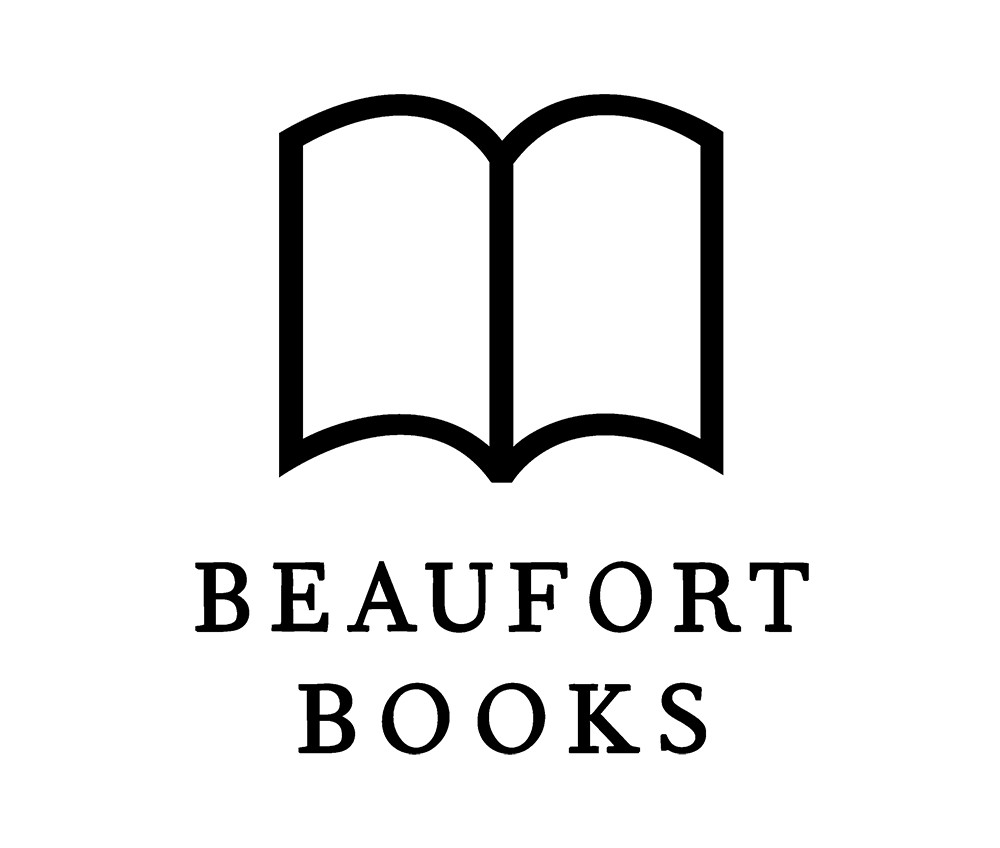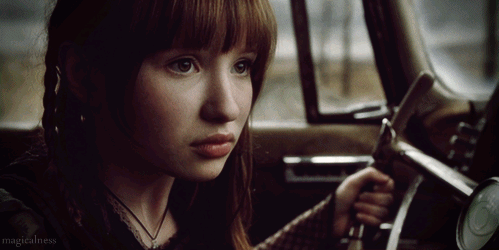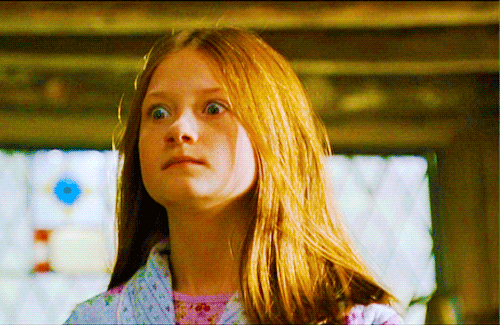Good Afternoon Readers,
As a Creative Writing major and a Children’s Studies minor, I am greatly interested in children’s and young adult literature. I’ve also grown up loving Dr. Seuss. My elementary school always celebrated Dr. Seuss Day, March 2nd, with green eggs, ham, and green bagels, and How the Grinch Stole Christmas (the original, cartoon version) was one of my favorite Christmas movies growing up.
I also recently read, for the first time, The Lorax. The story is told by the unseen Onceler who, upon moving into a land that is home to Brown Bar-ba-loots, Humming-Fish, Swomee Swans, Truffula trees and the Lorax, decides to begin a business venture. In order to make knitted “thneeds,” the Onceler must cut down Truffula trees, which he does throughout the book, despite the Lorax insisting that the trees are vital to the survival of the other creatures and the land.
In so many of Seuss’s stories, amidst the colorful places, creative characters, and memorable rhymes, there is an important underlying message. In the case of The Lorax, these messages are the necessity of taking care of the environment and the consequences of greed. This ability, to write stories that teach lessons in a way that is not patronizing, is amongst the reasons why Dr. Seuss is still such a celebrated children’s author and why so many people are looking forward to July.
This July, as is already known by most I’m sure, a recently found manuscript of a book Seuss wrote many years ago will be published. What Pet Should I Get? will be released by Random House on July 28, to many readers’ delights.
Since it is only February, though, there are five months until the book’s release. So while you wait, why not pick up a different children’s book? And if you’re at a loss as to what you should read, below is a list of some of my favorite children’s books which, hopefully, you will enjoy too.
1. James and the Giant Peach by Roald Dahl. A couple of nasty aunts, some magical beans, and an adventure with some friendly, oversized insects.
2. A Wrinkle in Time by Madeline L’Engle. Mrs. Whatsit, Mrs. Which, and Mrs. Who send Meg and her genius little brother through time dimensions to save their scientist father.
3. The Giver by Lois Lowry. The precursor to children’s dystopias and I will say no more.
4. Where the Sidewalk Ends by Shel Silverstein. A book of Silverstein’s fantastic poems. Like Seuss, Silverstein had a knack for embedding important messages within his colorful, and often humorous, poems.
5. The Westing Game by Ellen Raskin. A recently deceased multi-millionaire named Sam Westing with a will that leaves his fortune to whichever of his 16 possible heirs can solve his murder.
6. The Phantom Tollbooth by Norton Juster. Bored Milo’s journey through various punny lands as he tries to reconcile the King of Dictionopolis with his brother, the King of Digitopolis by bringing Rhyme and Reason back into the kingdoms.
7. A Series of Unfortunate Events by Lemony Snicket. A series that I’m currently rereading, starting with the aptly named The Bad Beginning. This series follows the three Baudelaire orphans as they attempt to outwit and escape their dreadful distant cousin and guardian Count Olaf, who is intent on procuring their vast inheritance.
8. One Fish, Two Fish, Red Fish, Blue Fish. To leave Dr. Seuss off this list is unthinkable, and while I definitely prefer other Seuss books to this particular story, One Fish, Two Fish features a brother and sister…who will be the main characters in What Pet Should I Get?
So, happy reading and Happy (early) Dr. Seuss Day!
BEAUlores Umbridge













